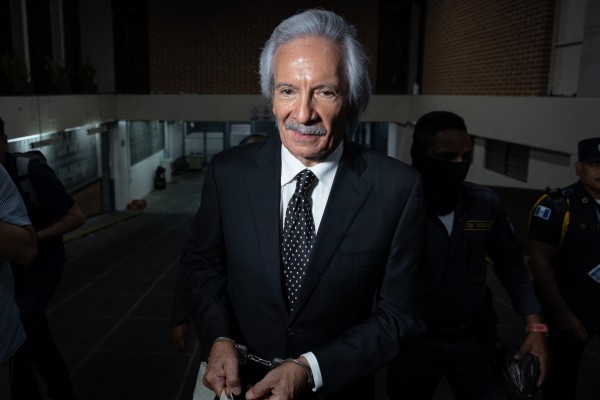The International Press Institute (IPI) today said it considered highly inappropriate the recent remarks made by Trinidad and Tobago Communications Minister Jamal Mohammed to Dominic Kalipersad, head of news at CCN TV 6.
Last Tuesday, Mohammed sent a personal e-mail message to Kalipersad accusing CCN TV 6 and the newspaper Express of being prejudiced against the ruling People’s Partnership and asserting that the two media “have embarked on a sad journey to discredit and destroy.”
In the letter, Mohammed outlined what he considered to be a determined effort to embarrass government officials “in the name of investigative journalism” and insinuated that CCN TV 6 and Express were seeking the fall of Prime Minister Kamla Persad-Bissessar’s administration.
While the minister emphasised that the letter did not represent the government’s official position but rather reflected a private viewpoint, Express editor-in-chief Omatie Lyder said last week the message made her wonder “if this particular minister needs help understanding his portfolio.”
Kalipersad added: “Minister Mohammed … erred in thinking he could divorce his personal and professional capacities in dispatching such accusations … But, I am also wary he may be cleverly attempting to exercise influence on the media, while hoping that his views would not be subjected to public scrutiny.”
IPI Executive Director Alison Bethel McKenzie said today, “For the communications minister to engage in this kind of direct intimidation of the media is highly troubling and, unfortunately, indicative of a recent pattern of abuse by Trinidadian government officials against the press.”
“The media do not exist to do the bidding of governments, but rather to serve the citizens of a given country by providing fair and accurate information about matters of public interest,” she added. “Moreover, in a democratic state such as Trinidad and Tobago, newspapers and broadcasters have the right to express their political opinions and report on the issues they—not those in power—deem as newsworthy.”
Bethel McKenzie continued: “We hope that in the future Mr. Mohammed will turn his attention to repealing Trinidad and Tobago’s criminal defamation laws.”
Earlier this month, IPI reported on a plan announced by Mohammed to compel all private radio and television stations to carry up to one hour of government programming per day. Although a 2005 concession agreement required of all broadcasters in Trinidad and Tobago contains a clause providing for official content, the government has never before taken advantage of the provision.
IPI has also recently denounced what it viewed as a public campaign led in part by high-ranking government officials to discredit two prominent Trinidadian investigative journalists, one of whom had broke a major legislative scandal that has already resulted in the resignation of the former justice minister.
In June, IPI held its 2012 World Congress in Port of Spain. On that occasion, Prime Minister Persad-Bissessar’s declared her country’s commitment to press freedom and announced her intention to review the country’s defamation laws.


